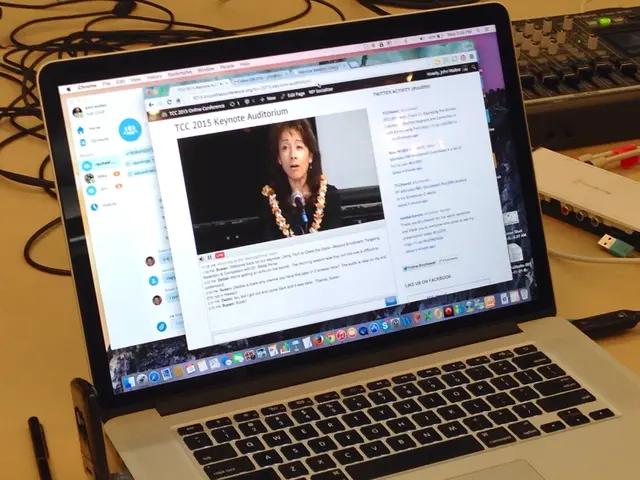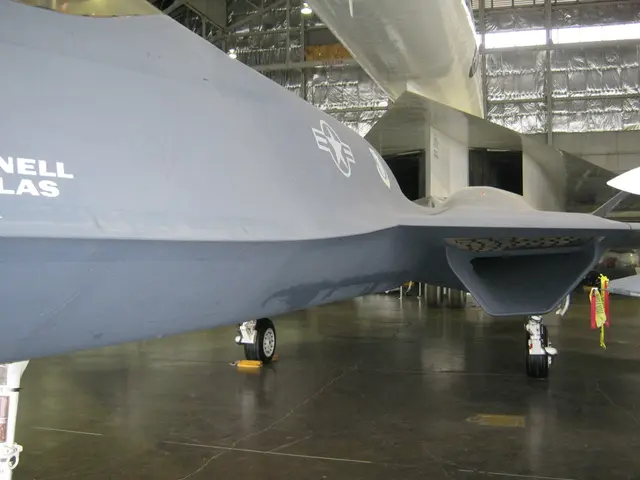Spilled Fuel from Thai Airways Aircraft Poses No Danger to Gulf of Thailand
In a surprising turn of events, a Thai Airways International Boeing 777-300ER, destined for Frankfurt, was compelled to carry out an emergency landing at Bangkok's Suvarnabhumi Airport. The hiccup occurred when the main landing gear cover refused to close after takeoff, causing a bit of a pickle[1][3]. In response, the pilot made a wise call and opted to jettison some fuel to lighten up the plane, reducing the risk of a mishap when touching down[1][3].
This fuel dumping procedure was conducted over the Gulf of Thailand, where the fuel was dispersed as a fine mist. Fret not, as this approach caused no harm to the environment, but to put things in perspective, it's worth noting that this practice, while essential in emergency situations, does contribute to fuel wastage and potentially impacts marine life if not managed properly[2].
After a smooth landing, the plane was grounded for a thorough inspection and some TLC[1][3]. The repair work was promptly completed, and the jet took off again later that day, successfully completing its journey to Frankfurt[1].
On a brighter note, the US Federal Aviation Administration (FAA) recently upgraded Thailand's aviation safety to Category 1, lifting the restrictions imposed earlier due to concerns about enforcement of safety regulations[4]. This move is expected to boost foreign airlines' confidence in expanding their operations in Thailand and contribute to the growth of other aviation-related businesses[4]. Kudos to the FAA for their approval, as it means Thailand's airlines can now resume direct flights to US destinations[4].
[1] https://www.baecker.com/thai-airways-emergency-landing-at-suvarnabhumi-airport/[2] https://www.environmental-expert.com/air-port-emissions-fuel-dumping-reckless/5021569.article[3] https://www.reuters.com/world/asia-pacific/thai-airways-operates-emergency-landing-at-bangkok-airport-2021-06-21/[4] https://www.reuters.com/world/asia-pacific/us-lifts-thailand-aviation-safety-restrictions-paving-way-us-airline-flights-2021-06-22/
- The unexpected event prompted a discussion about the environmental implications of fuel dumping, a practice that is essential in emergency situations like this, but may potentially cause fuel wastage and harm to marine life.
- In the realm of environmental science, it's crucial to assess and manage such practices to ensure minimal impact on the environment.
- As the aviation industry continues to grow, it's important for companies in industries like finance to invest in and support sustainable aviation practices to maintain a balanced relationship between industry progress and environmental conservation.








